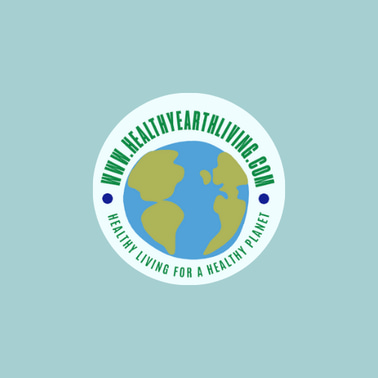Is Cheese Addictive?
The science behind cheese cravings, including how casomorphins in cheese affect your brain. Explore the psychological, cultural, and biological factors that make cheese so irresistible, and learn tips for managing cravings or transitioning to plant-based alternatives.
HOMEMINDBODY
Janelle Salo RN
1/12/20255 min read
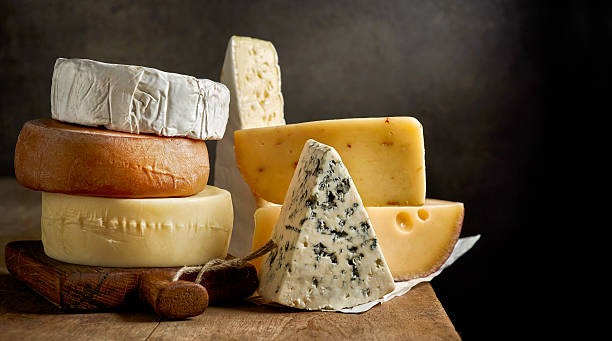

Key Points:
Cheese contains casomorphins, compounds that may trigger feel-good responses in the brain, creating an addictive-like effect.
High fat and salt content, combined with cultural and emotional connections, make cheese a comfort food favorite.
Plant-based cheese alternatives offer a satisfying way to curb cravings while addressing ethical and environmental concerns.


Unpacking the Science Behind Your Cheesy Cravings
The Cheese Obsession
The only challenge I’ve faced since becoming vegan is giving up cheese. I could eat any kind of cheese, soft or hard, nutty or funky, alone or spread on vegetables or bread. Cheese is one of those foods that almost everyone loves, whether it’s melted on pizza, layered in a sandwich, or sprinkled over pasta. Have you ever found yourself reaching for “just one more” slice or dreaming about the perfect mac and cheese? Could our love for cheese go beyond simple cravings? Some scientists think it might actually be addictive and the reasons might surprise you.
What Makes Cheese So Irresistible?
Cheese has a flavor profile that’s hard to resist. Rich, creamy, and perfectly savory. These qualities make it incredibly satisfying and comforting to eat. Plus, cheese is packed with fat and salt, two ingredients our brains naturally crave because they provide energy and enhance flavor. (1) It’s no wonder so many people can’t get enough of it.
The Science of Cheese and Addiction
Cheese contains a protein called casein, which breaks down into smaller compounds known as casomorphins during digestion. These casomorphins can bind to receptors in your brain, triggering a "feel-good" response similar to the effects of mild opioids. (2) While it’s not exactly the same as a drug, this reaction might explain why cheese can feel so comforting and why it’s so hard to stop at just one bite.
Is It Comparable to Other Addictive Substances?
When it comes to foods we can't resist, cheese often ranks alongside sugar and caffeine as a top contender. Like those treats, cheese has qualities, like triggering feel-good chemicals in the brain, that can make it highly craveable. (2) However, there’s a difference between psychological addiction, where we associate a food with comfort or reward, and physiological addiction, where the body becomes dependent. Cheese might not be as addictive as caffeine, but its unique combination of taste and brain-boosting compounds makes it hard to resist.
Why You Crave Cheese
Our cravings for dairy, especially cheese, can be partly biological but many feel it’s mostly conventional. (3) Many of us grow up in cultures where dairy is a dietary staple, so it feels natural to reach for cheese as a satisfying and familiar option. On top of that, cheese often plays a starring role in comfort foods like pizza, mac and cheese or grilled cheese sandwiches, creating emotional connections that make it hard to resist. To manage cravings, try experimenting with plant-based cheese alternatives, incorporate flavorful spices in meals, or focus on mindful eating to satisfy your taste buds without overindulging.
Tip: One of my favorite vegan cheeses for pizza is "Follow Your Heart," which can be found in most grocery stores. You can also try "Noochy-Licious." I purchased this online, and it's a fantastic substitute for cheese if you’re craving a hot bowl of cheesy mac!
The Ethical and Environmental Implications
Cheese production plays a significant role in animal agriculture, requiring large amounts of resources like water and land while contributing to greenhouse gas emissions. (4) Additionally, the dairy industry raises concerns about animal welfare and the environmental toll of intensive farming practices. In industrialized dairy farming, as well as in many pasture-raised dairy farms, male calves are removed from their mothers immediately after birth. They are often sold for veal, slaughtered, or sold to meat ranchers to be raised for beef later on. This exploitation of dairy cows has prompted more people to consider plant-based alternatives, (5) which offer a way to enjoy cheesy flavors without the environmental and ethical impacts, making it easier to align food choices with personal values.
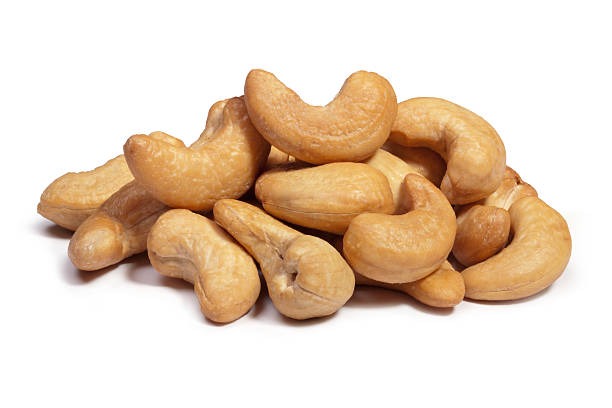

Exploring Alternatives: Plant-Based Cheesy Options
Plant-based cheese substitutes have come a long way, with options made from nuts, seeds, and even fermented ingredients that mimic the rich, creamy texture of dairy cheese. From cashew-based cream cheese to melty vegan mozzarella, there’s something for every craving. To transition to dairy-free alternatives, start by swapping out your favorite cheeses in recipes with plant-based versions or experimenting with nutritional yeast for a cheesy flavor boost. With so many creative options, going dairy-free can be both delicious and exciting!
Tip: One of the best vegan cheeses I've tried is from Rebel Cheese. Their award-winning brie, made from cashews, is a delicious alternative to traditional cow or goat’s milk brie. In a blind taste test, it was difficult to tell the difference! Miyoko's Creamery also produces award-winning cheeses made from cashews. My favorite is their mozzarella pour, which is excellent on pizzas. I also use it as a cream substitute when making mac and cheese, creamy soups, or pasta sauces.
Is Cheese Really Addictive?
The science behind cheese cravings shows that it’s not just your taste buds at work, casein in cheese triggers "feel-good" responses in your brain, making it even harder to resist. Culturally, cheese is deeply ingrained in many diets, contributing to emotional connections and comfort foods. But whether you're a lifelong cheese lover or exploring plant-based options, it's all about making informed choices that work for you and your values. I truly encourage everyone reading this to explore the plant-based alternatives I mentioned earlier. I understand that making changes to your diet can feel daunting, but I believe you'll be pleasantly surprised, just as I was. Choosing to cut dairy from your meals can be a wonderful step for your health, and it also helps the planet and supports the well-being of cows. You're not alone in this journey, and every small change makes a difference!
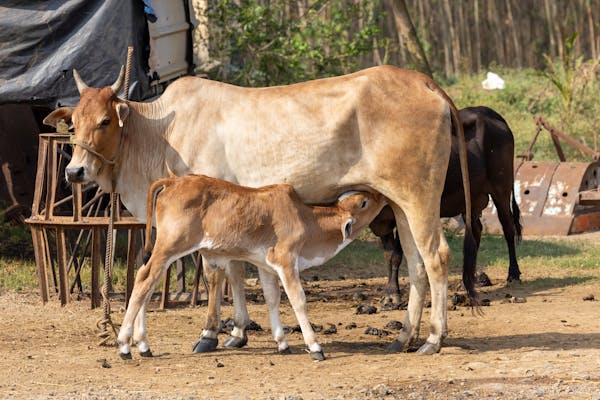



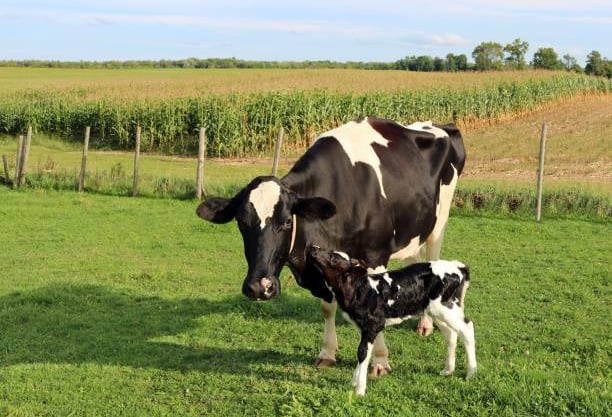

© 2025 Salo Content Writing LLC, all rights reserved
Join the Movement for a Healthier Planet! 🌿
Subscribe now and get your FREE Sustainable Living Checklist! Plus, enjoy weekly articles and delicious plant-based recipes straight to your inbox. Let’s make sustainable living simple and inspiring, one email at a time! 💚✨
